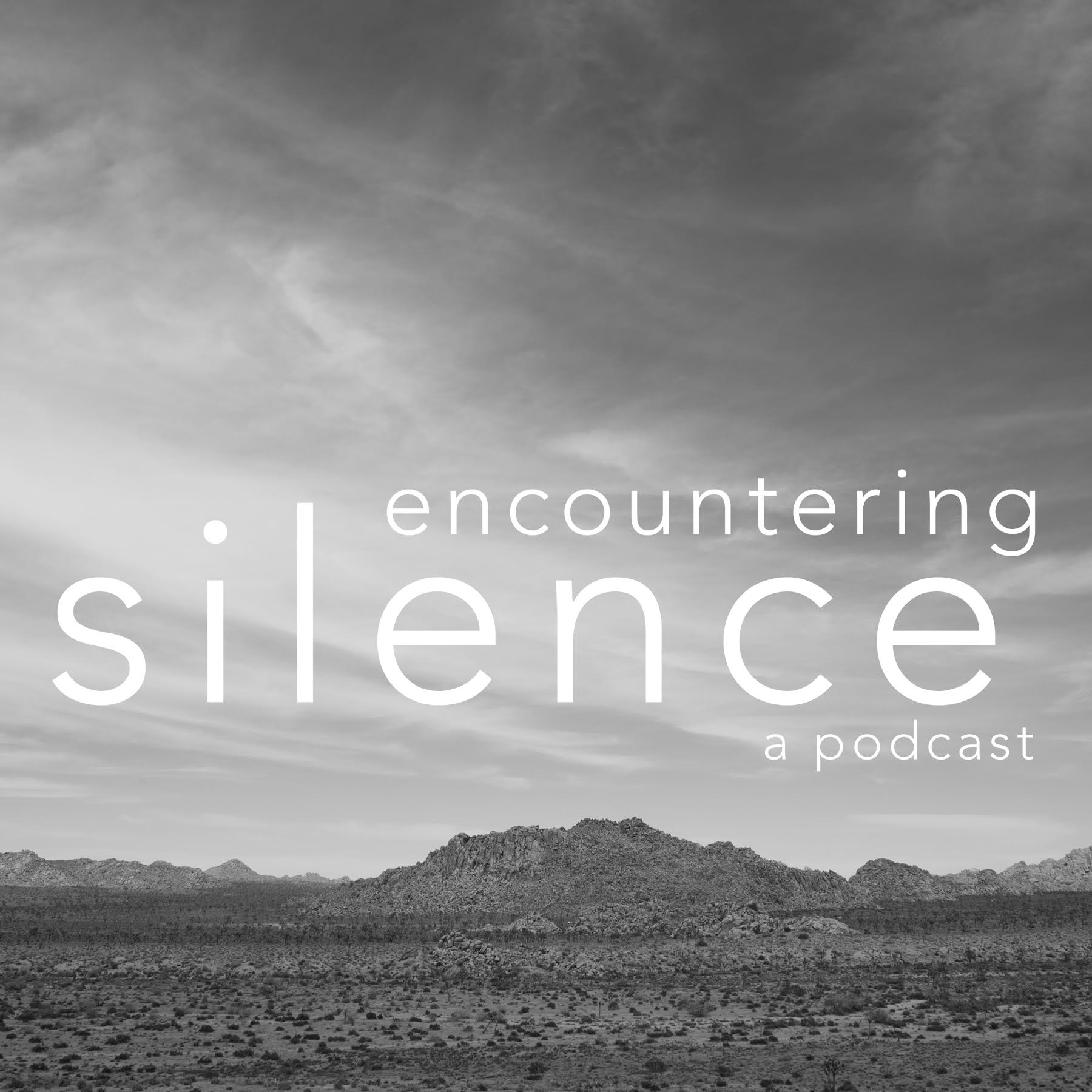Lerita Coleman Brown, PhD: Howard Thurman and the Inner Authority of Silence (Episode 9)
February 7, 2018

Professor Lerita Coleman Brown describes Howard Thurman's rich and deeply silent spirituality.
It's easy to see the connection between silence and spirituality — but how does silence support the quest for justice, for a world that moves beyond racism, sexism, or the other social barriers that divide us?
Anyone familiar with the wisdom and words of the great American preacher and writer, Howard Thurman, knows that the silence of contemplation and the silence that empowers the struggle for justice is, in fact, one silence.
God is always speaking, Spirit is always speaking to us. And we can only hear that in the silence. I think that’s a very difficult concept for people to understand because they think of hearing things as in words. But we can connect to things that are beyond words. — Lerita Coleman Brown, PhD
Lerita Coleman Brown, PhD
Our guest this week is Professor Lerita Coleman Brown, professor emerita of psychology at Agnes Scott College and self-described "devotee" of Howard Thurman. A natural contemplative who recognized the importance of silence while still a child, Professor Brown's remarkable life as a distinguished scholar, heart and kidney transplant recipient, and spiritual director, has been shaped not only by her longstanding commitment to a interior growth and the love of quiet, but also by her own experience as woman of color. Like Thurman, she recognizes that silence and contemplation are not only essential practices for a meaningful spiritual life, but are also profound gifts to a truly effective and life-affirming struggle for nonviolent, sustainable social change.
Our conversation explores a wide range of silence-related topics, from Professor Brown's childhood (encountering silence in the Santa Ana winds) to her first exploration of meditation in college, finding the value of silence in the midst of an academic career, the power of stillness even in the midst of a hospital stay, ultimately leading to her discovery of the towering genius of Howard Thurman, mentor to Martin Luther King, Jr. and one of the most important (if under-appreciated) contemplatives of the twentieth century.
I think that there are so many opportunities for silence that we often don’t take because we’re in our heads chattering about why we are uncomfortable about being in the situation we’re in. — Lerita Coleman Brown, PhD
An important chapter of Dr. Brown's story is her journey with heart disease which led to receiving a heart transplant in her early 40s. The process of her discernment to receive the transplant (along with a key career decision she had made years earlier) all point to how the power of silence literally saved her life.
Discovering Thurman while in formation as a spiritual director, Dr. Brown recognized one of the great (if under-appreciated) contemplatives of the twentieth century: grandson of a slave, child of the Jim Crow south, who went on to become a distinguished Baptist preacher, writer, speaker, and of course, inspiration to Dr. Martin Luther King Jr and other key figures in the Civil Rights movement. But at the heart of Thurman's genius was his deep and lasting commitment to silence, where he recognized we find eternity and, indeed, the presence of the living God.
But silence not only reveals God to us, but also reveals what Thurman calls the "inner authority" — that place within each of our hearts, where we discover who we are created to be, the strength and purpose that enables us to live the lives we are called to live — and, just possibly, to change the world in the meantime.
And I tell people all the time that ‘listen’ and ‘silent’ are the exact same letters just rearranged. So you cannot listen if you’re not silent, they’re just connected. — Lerita Coleman Brown, PhD
Some of the resources and authors we mention in this episode:
Sherry Bryant-Johnson (ed.), Embodied Spirits: Stories of Spiritual Directors of Color
Cathering Meeks (ed.), Living Into God’s Dream: Dismantling Racism in America
Therese Taylor-Stinson (ed.),